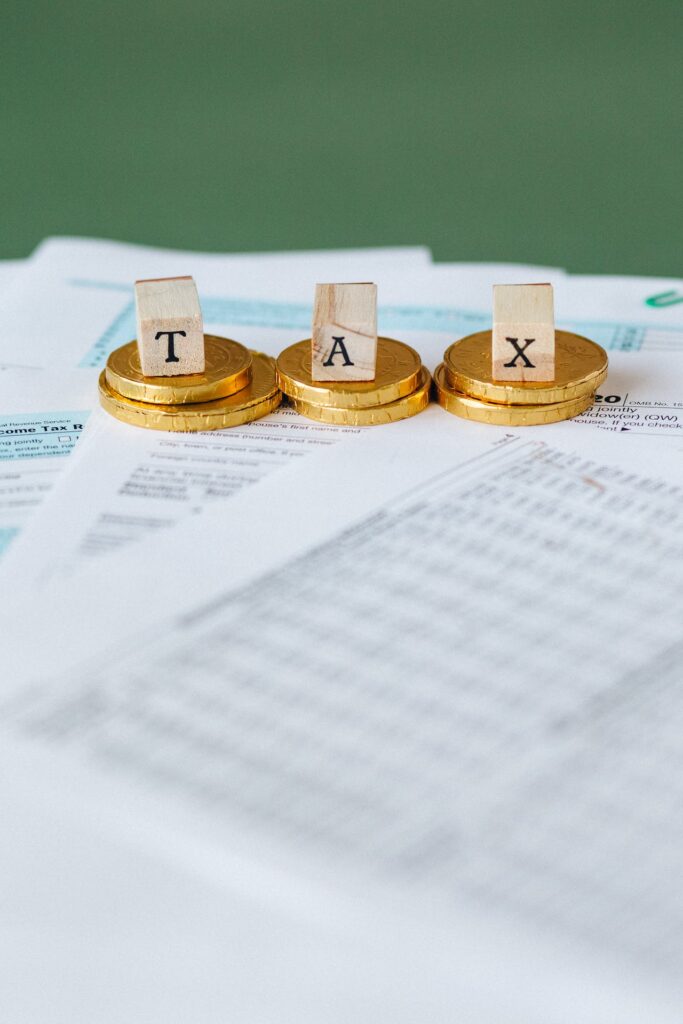This is a hot topic at the moment, with changing legislation that investors need to get their heads around. The following provides a purely financial perspective on using a company ownership structure for property investments. There are four obvious reasons why you might want to hold property in a company rather than yourself. Furthermore, there are three aspects that you should be aware of before embarking on the limited company structure.
WHY ARE YOU BUYING PROPERTIES?
I have always been told to buy with the end in mind with a lot of things in life. Establishing whether to buy in a company structure or in your own name is a great example.
Key factors to establish and be aware of before deciding your plan of action:
- What’s your exit strategy? Do you plan to sell the properties off to finance your kids’ education fees or first house in later years? Alternatively, is it important that you have income every month and transfer the portfolio and its income to the next generation?
- What tax rate do you currently pay, and whether you have a spouse who is in the lower earning bracket? If you do, having the company dividends taxed at a lower rate would be appealing.
- If you’re constantly buying properties, your portfolio and company could be making a loss on paper due to purchasing costs, refurbishments, etc. With careful planning, you could delay paying tax on your property investments until you stop buying, your external income reduces, or you want to retire.
- Leaving the investment income to build up in the company for future purchases will leave you much better off than if you took it out to spend and double-taxed yourself. The compounding effect and reducing your exposure to tax put you in the fast lane.
- The ability to claim the entirety of your mortgage interest as operating expenses will be a major argument for using a company.
WHY USE A LIMITED COMPANY OWNERSHIP STRUCTURE FOR PROPERTY INVESTMENT
Tax on profits you make!
If you own a property in your own name, the profits you make from renting it out will add to your other earnings from, say, your job, which you pay income tax on. If you own property within a company, the profits will be liable for corporation tax instead.
The rate of corporation tax is currently either 19% or 25%, depending on whether your profits are above or below £50,000. This is an enormous saving compared to someone paying a higher-level tax of 40%.
Within a company, you will also pay tax on the dividends if you choose to take profits out of the company, but you have flexibility with this. Options available include maximising tax efficiency through timing your dividend payouts or paying them to family members who are basic-rate taxpayers. The other option is to leave the profits rolling up within the company and buy your next property.
Tax on the mortgage interest you pay.
Since April 2020, mortgage interest is no longer an allowable expense for individual property investors. Landlords can only claim back 20% of interest payments, meaning the amount liable to tax is significantly higher, especially in a high-interest rate environment.
However, the change does not affect limited companies, as they will still be able to fully offset mortgage interest. If you use mortgages to buy property, your tax bill will be higher if you own property in your own name rather than in the name of a company. Furthermore, if you’re reinvesting profits to secure further properties and grow a buy-to-let portfolio. You can do it quicker within a limited company as there will be more cash to reinvest.
Extracting money from your company tax free!
Personal funds can be taken out of the company through a director’s loan repayments. Any property deposits or capital to cover refurbishments that you transfer from your personal name to the company can be drawn back out of the company as repayments to directors for the loan. This is tax-free and can include interest.

Potentially reducing your exposure to inheritance tax.
Holding property in a company provides more options when it comes to generational planning for your assets. You can use trust structures, set up different shares’ structures, etc., which you wouldn’t have access to with property in your own name. Let’s get this clear: I’m not a tax expert, and please take your own advice for your situation.
So, if there’s an income tax advantage, a mortgage treatment advantage, and maybe an inheritance tax advantage. Although it’s not all roses, there are some downsides, too.
DRAWBACKS OF A LIMITED COMPANY OWNERSHIP STRUCTURE FOR PROPERTY INVESTMENTS
Mortgage availability
There have historically been fewer mortgage products to choose from for limited companies, but that has changed now. This is due to more investors moving in this direction and lenders following in order to win their business. You will likely still need to give a personal guarantee, and your personal income will still be a factor the lenders consider.
Extra costs and paper pushing
There are higher accounting costs associated with completing company accounts, which ultimately means your life will have more paperwork than before.
When looking into whether to start a company or not, please consult with your accountant to obtain guidance suited to your personal situation.
Dividend tax if you take money out of the company.
If you’re not looking to use the income and leave your rental profits in the company to reinvest in more property. Then you will just pay corporation tax and nothing additional.

If you want to extract money from the company to supplement the quality of your life, you will be taxed again on the dividends you take. That means you’ll be paying corporation tax first, then paying dividend tax on the amount you take out of the company. The current rates in the UK are at this link.
Other tax-related items to consider are that there is no capital gain tax (CGT) allowance when the company sells a property. Whereas individuals selling a property would have a CGT-free allowance. The current rates in the UK are in this link.
How do I work out a capital gain?
The asset’s value when it was sold
Minus
The amount you paid for the asset
The money spent buying, selling, or improving the asset (not maintenance)
The inflation to the property value experienced whilst owning the property (Use the inflation index value for the year and month you bought and sold the asset, then apply it to the purchase value to generate the inflation value.)
The inflation generated by any improvements you made to the asset (This can be done in the same way as above.)
Equals
The remaining figure would be your chargeable gain.
THINGS TO CONSIDER WHEN SETTING UP A LIMITED COMPANY OR A SPECIAL PURPOSE VEHICLE (SPV)
An SPV is a limited company that gets all its revenue from rental income from investment property. SPV’s can be set up online as part of your limited company application. First and foremost, you will have to register with Companies House. To do this you’ll need:
- a company name.
- An address
- At least one director and shareholder
- Details of the shares
Within the process, an SIC code (Standard Industrial Classification) is used to provide Companies House with a description of your company’s business. The following is an example of some of the codes available when organising the ownership structure of your property investments:
- 68100: Buying and selling of own real estate
- 68209: Other letting and operating of own or leased real estate
Once you have these details, you can register your company by using the link to the Companies House page.
OWNERSHIP STRUCTURE FOR PROPERTY INVESTMENTS
If you want to live off your property income rather than leave it to grow. You’ll have to work out what works best for your situation. You’ll save tax using a certain structure but incur some extra tax on others.
This is not tax advice; please make sure you discuss your options with an accountant before taking action.





